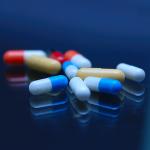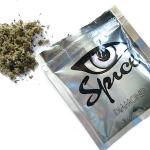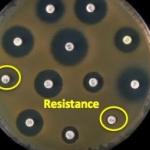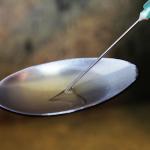Have you noticed that drug commercials always conclude with some ominous warning like, "This drug may cause headache, anxiety, vomiting, diarrhea, restlessness, and erectile dysfunction"?
Drugs & Pharmaceuticals
Since its founding in 1978, the American Council on Science and Health has been vehemently anti-smoking. Cigarettes kill people, if not from cancer, then from chronic obstructive pulmonary disease (COPD).
Without a doubt, almost all alternative medicine is junk science.
The legalization of marijuana across the U.S. is beginning to reveal a treasure trove of information.
Fake pot has a problem. Because people assume that pot is harmless, they also assume that synthetic pot is harmless. But that is a grave mistake.
Increasingly, Americans are choosing alternate sites of care, specifically retail clinics, urgent care centers and telemedicine.
I have been writing for years (1) about the emergence and spread of bacteria that are resistant to virtually all antibiotics, and that it was only a matter of time until they reached the US. Time's up.
There's no sign that the ongoing drug overdose epidemic is getting better. In fact, though it has been receiving widespread national attention for about two years, it seems to be getting worse.
It may not seem like the U.S.
Dan Berger, Ph.D. is a former colleague of mine from Wyeth. When Wyeth went away so did we, albeit in different directions.












